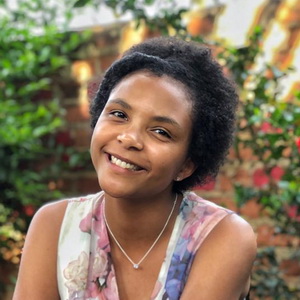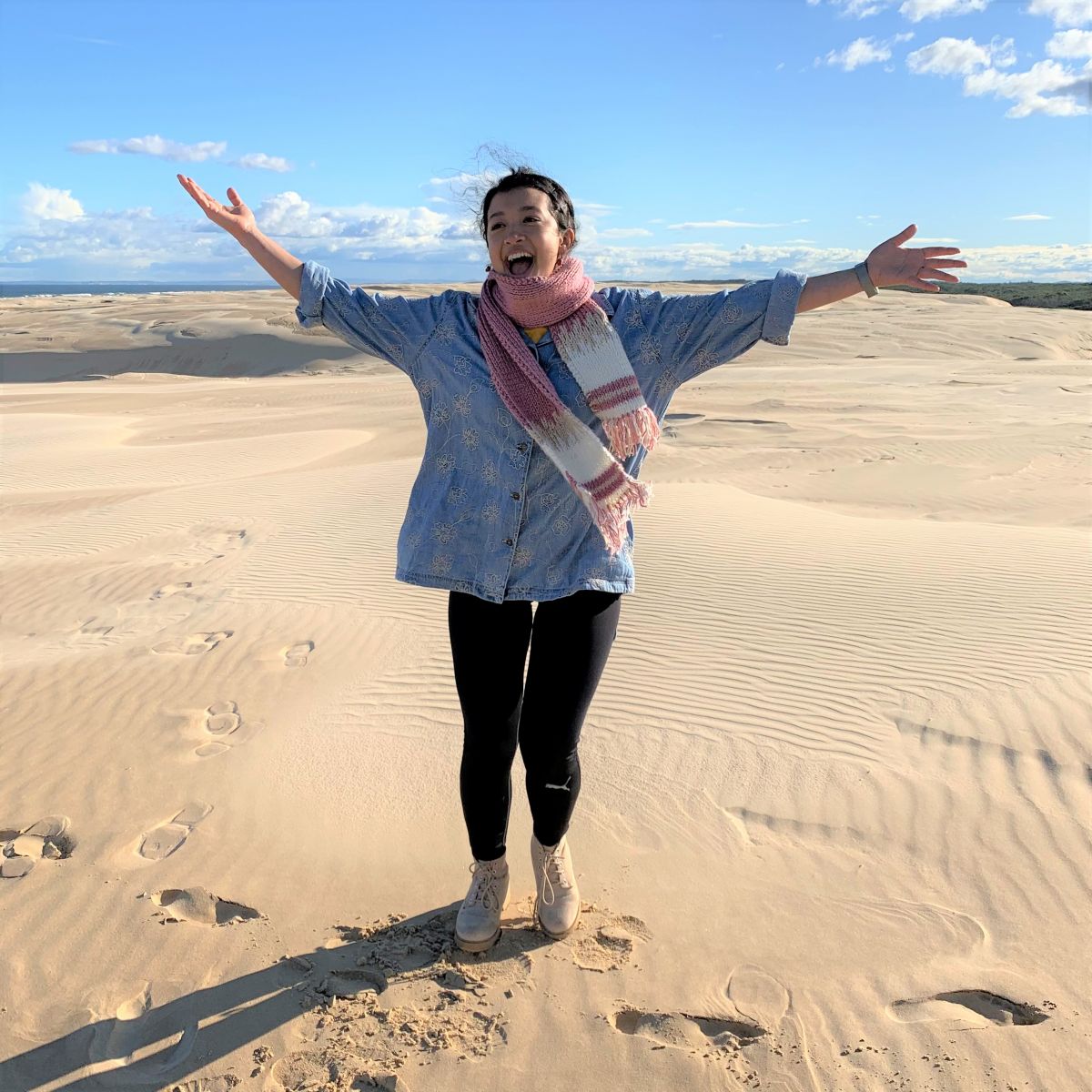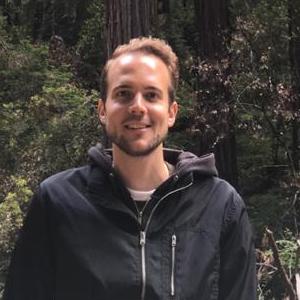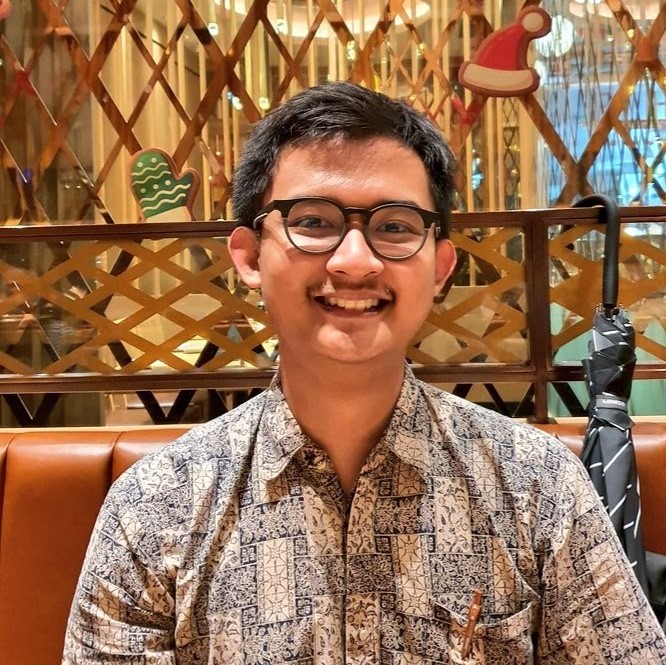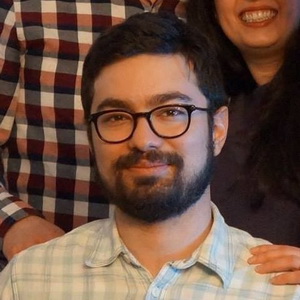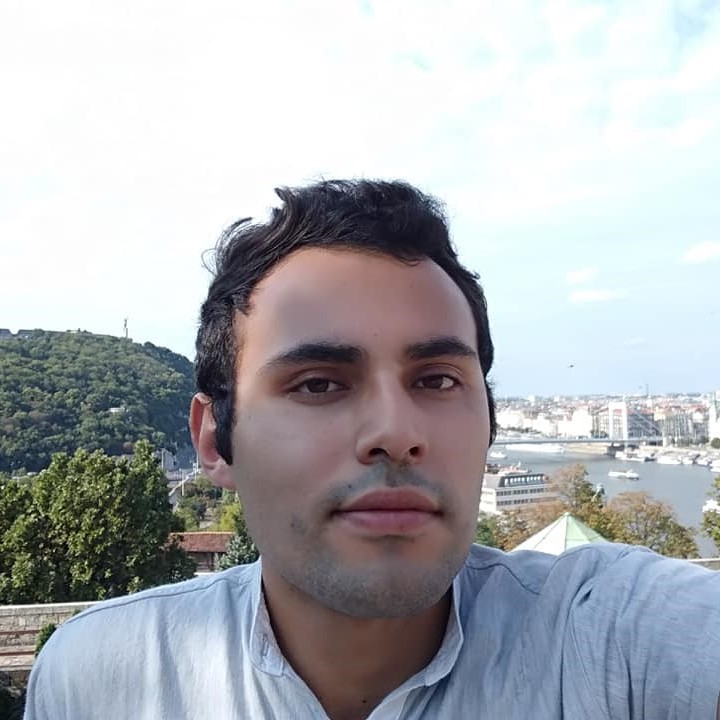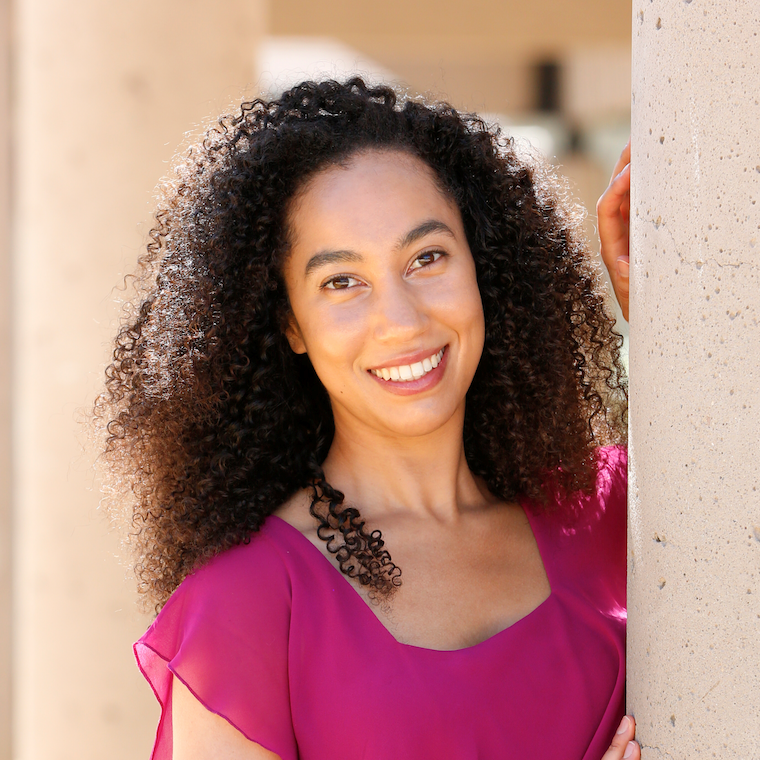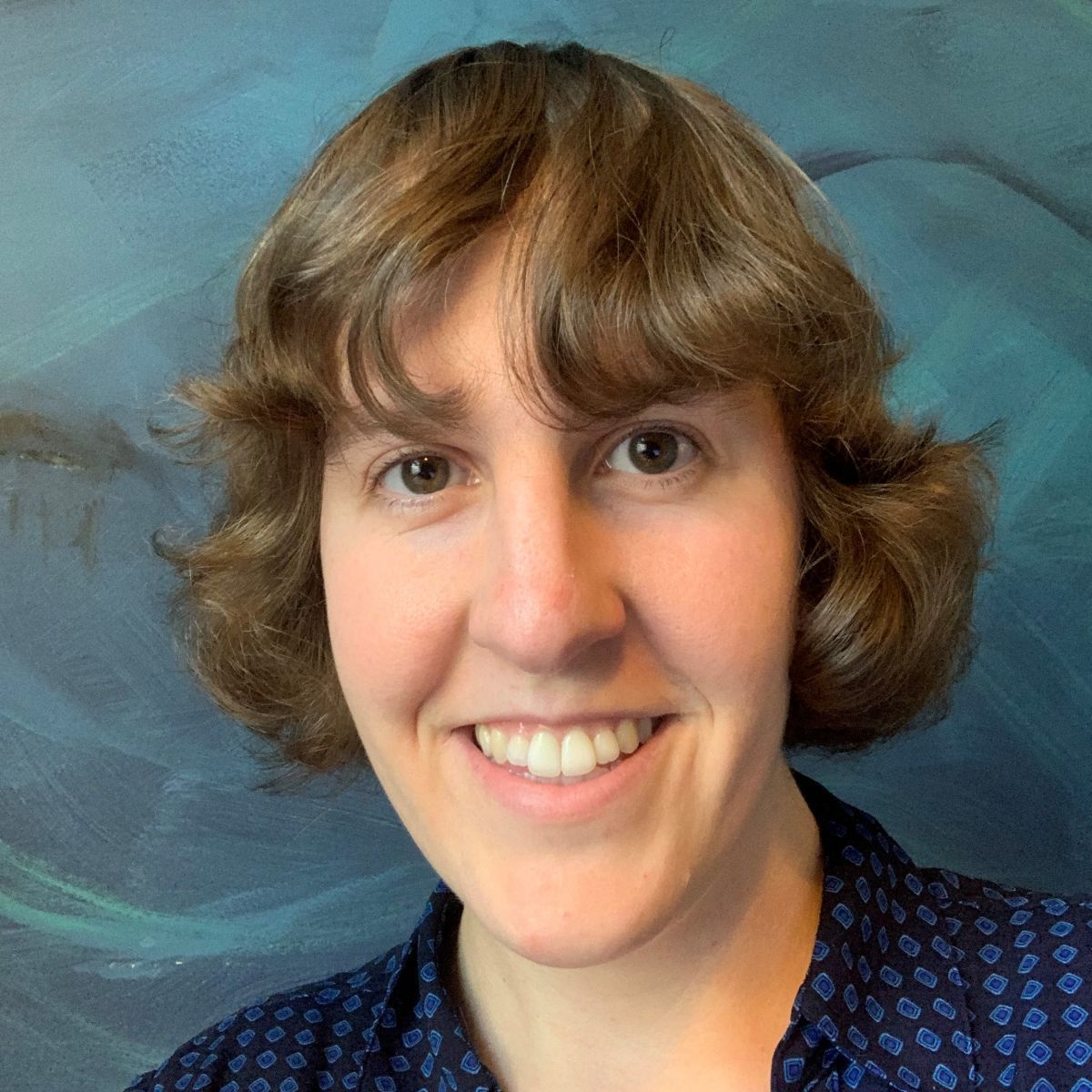Luftverschmutzung in Kampala, Uganda
Wenn jedoch bald keine konkreten Maßnahmen ergriffen werden, wird die Hauptstadt der Perle Afrikas in einigen Jahrzehnten fast unbewohnbar sein.
Uganda, Eastern Africa
Eine Geschichte von Anna Adima. Übersetzt von Veronica Burgstaller
Veröffentlicht am May 2, 2020.
Diese Geschichte ist auch verfügbar in 








Wie die meisten Menschen, die in meiner Heimatstadt Kampala, Uganda leben (wo ich derzeit meine Doktorarbeit schreibe), atme ich meinen täglichen Anteil an einer giftigen Kombination aus Staub, Autoabgasen und Industriequalm ein, welche zur Luftverschmutzung der Stadt beitragen.
Kampala ist die Hauptstadt Ugandas und, mit einer jährlichen Wachstumsrate von 4,03% und einer Bevölkerung von 1,6 Millionen, eine der am schnellsten wachsenden Städte der Welt. Es ist eine Kombination von kontinuierlichem Wachstum der Industrie, Urbanisierung und einer steigenden Anzahl von Fahrzeugen: Rund 50.000 - darunter Autos, Busse, Lastwagen und Motorradtaxis - die die Straßen von Kampala befahren. Viele davon sind alt und nicht umweltbewusst gebaut, sie tragen zusammen mit giftigen Industrieabfällen zur Luftverschmutzungskrise der Stadt bei. Weitere giftige Abfälle stammen aus der Verbrennung von Müll und der Luftverschmutzung in Haushalten, in denen Holz- oder Holzkohlöfen zum Kochen verwendet werden.
Kampala ist die am zweithäufigsten verschmutzte Stadt in Afrika (vor Kano in Nigeria): Im Jahr 2018 lag Kampala mit einem Durschnitt von 40,8 µg / m³ der PM 2,5 Verschmutzung (bzw. Feinstaubschadstoffe mit einer Größe von 2,5 Mikrometern, welche von allen Luftschadstoffen der Gesundheit am meisten schaden), weit über dem von der Weltgesundheitsorganisation empfohlenen Ziel von 10 µg / m³. Die Auswirkungen dieser verschiedenen Formen der Luftverschmutzung sind in Kampala täglich zu spüren. Wenn ich mich auf einer der sieben Hügel der Stadt befinde, kann man eine dicke Smogwolke sehen, die über Kampala hängt und die Stadt erstickt. Im grauenvollen Verkehr der Stadt stecken zu bleiben bedeutet, den tödlichen Abgasen der umliegenden Fahrzeuge ausgesetzt zu sein. Bewegung im Freien kann gefährlich sein: Von einem Auto angefahren zu werden war einmal das größte Risiko beim Gehen, Radfahren oder Laufen, nun ist es auch das Atmen der giftigen Luft (aus diesem Grund trainiere ich in Innenräumen). Es überrascht nicht, dass deshalb die Anzahl der Leute mit Problemen der Atemwege zunehmen. Die Zahl der Todesfälle aufgrund der Luftverschmutzung in Uganda lag im Jahr 2017 bei 13.000.
Lokale Nachrichten zeugen von einem Bewusstsein der Gefahren der Luftverschmutzung in Kampala und Uganda. Verschiedene Nachrichtenagenturen rufen zum Handeln auf. Wissenschaftler und die Kampala Capital City Authority bemühen sich, die Öffentlichkeit über das Gift zu informieren, das die Leute täglich einatmen. Im Jahr 2018 verabschiedete die ugandische Regierung ein Gesetz, das die Einfuhr von Autos, welche über 15 Jahre alt sind, verbietet, um die Umweltverschmutzung im Land zu verringern. Besitzer von Autos, die älter als fünf Jahre sind, müssen eine Umweltsteuer zahlen.
Aber reicht das aus, um die Luftverschmutzung zu bekämpfen? Das zu Fuß gehen oder das Benutzen öffentlicher Verkehrsmittel in Uganda wird mit der Arbeiterklasse verbunden, und oft von den Reichen der Stadt misstrauisch beäugt. Der öffentliche Verkehr ist auch nicht unbedingt das sicherste oder zuverlässigste Transportmittel, und insbesondere Frauen erleben oft Belästigungen und Angriffe (es ist traurig, dass viele Frauen in meiner Bekanntschaft dies erlebt haben). Zwei Veränderungen sind erforderlich: Eine, die den öffentlichen Verkehr sicherer, zugänglicher macht und auch marginalisierte Personen mit einbezieht, sowie eine Änderung der Mentalität, dass der öffentliche Verkehr ausschließlich den Armen vorbehalten ist.
Dies sind natürlich nur kleine Lösungen für ein sehr großes Problem. Wenn jedoch bald keine konkreten Maßnahmen ergriffen werden, wird die Hauptstadt der Perle Afrikas in einigen Jahrzehnten fast unbewohnbar sein.
Was macht diese Geschichte mit dir?
Follow-up
Do you have any questions after reading this story? Do you want to follow-up on what you've just read? Get in touch with our team to learn more! Send an email to [email protected].
Unterhalte Dich über diese Geschichte
Please enable cookies to view the comments powered by Disqus.
Subscribe
Melde Dich an für unseren monatlichen Newsletter und bleibe up-to-date mit neuen Geschichten auf Correspondents of the World.
Mehr Geschichten auf Deutsch
Tags
Erkunde andere Themen
Mach mit
At Correspondents of the World, we want to contribute to a better understanding of one another in a world that seems to get smaller by the day - but somehow neglects to bring people closer together as well. We think that one of the most frequent reasons for misunderstanding and unnecessarily heated debates is that we don't really understand how each of us is affected differently by global issues.
Unser Ziel ist es, dies zu verbessern - und zwar mit jeder Geschichte, die wir teilen.
Community Weltweit
Correspondents of the World is not just this website, but also a great community of people from all over the world. While face-to-face meetings are difficult at the moment, our Facebook Community Group is THE place to be to meet other people invested in Correspondents of the World. We are currently running a series of online-tea talks to get to know each other better.











